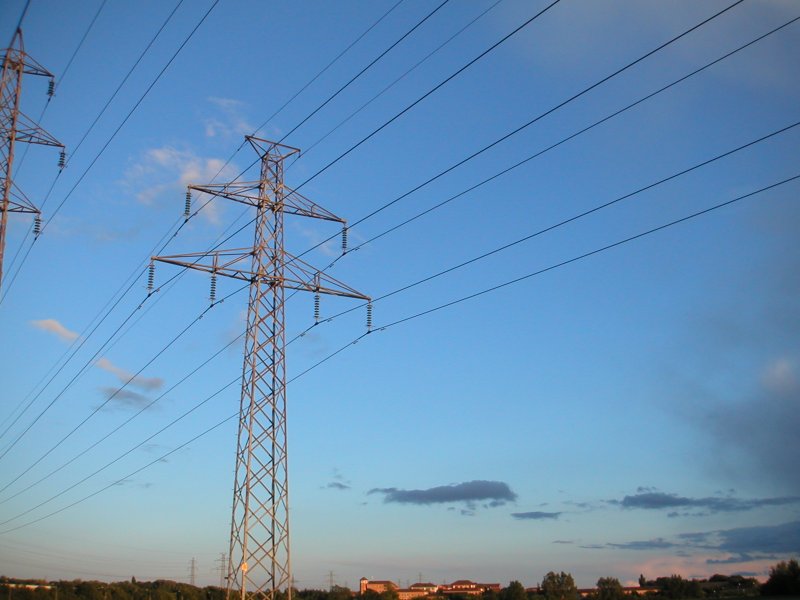
In a significant move towards energy independence, Latvian Prime Minister Krišjānis Kariņš confirmed on August 3 that the Baltic states are jointly planning to cut their electricity links to Russia
and Belarus. These links have been in place since the Soviet occupation era and have raised concerns about energy security and reliance on aggressor states.
The decision was outlined in a joint declaration signed by the Prime Ministers of Latvia, Estonia, and Lithuania, with the desynchronization scheduled to take place in February 2025. The move is aimed at achieving energy independence and ensuring the security and continuous economic development of the Baltic States.
The geopolitical situation, particularly the unprovoked invasion of Ukraine by the Russian Federation, has heightened concerns about energy security in the region. As a result, the Baltic States are accelerating their efforts to disconnect from the IPS/UPS system and synchronize their electricity systems with the Continental European Network.
The joint declaration emphasizes the strategic importance of the synchronization not only for the Baltic States but also for the entire European Union. The decision comes after Lithuania's proactive steps towards increasing energy independence, a process that had been planned even before the invasion of Ukraine.
The "Harmony Link" project, an underwater electricity connection between Lithuania and Poland backed by the EU, plays a crucial role in ensuring the security of supply, stable operation, and integration of the electricity market after the synchronization.
The deadline for desynchronization is set for February 2025, allowing the possibility of an earlier cut-off if it is technically feasible. However, there is a need to address the financial shortfall to maintain comparable co-financing intensity for all synchronization projects.
The declaration emphasizes the unity of the Baltic States in this endeavor, considering the common adversary beyond their eastern border. Maintaining this unity in the current geopolitical situation is deemed particularly crucial.
It is worth noting that even without desynchronization, the Baltic states no longer engage in electricity trade with Russia. Despite the existing physical connection, the region is actively working towards reducing reliance on Russian electricity sources, showcasing their commitment to energy independence and security. Photo by Nixdorf, Wikimedia commons.








































